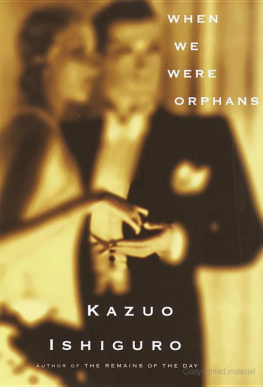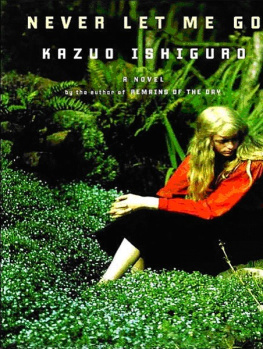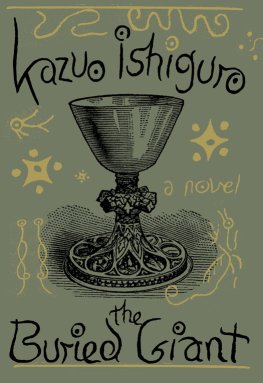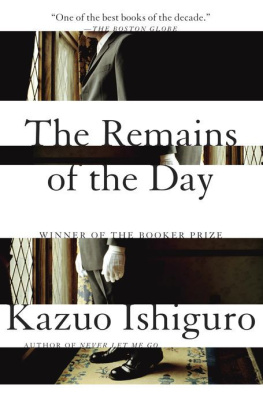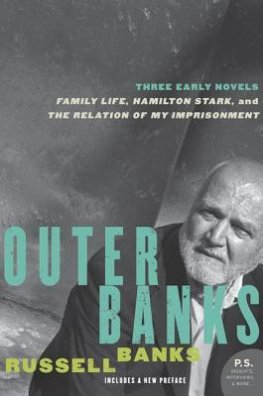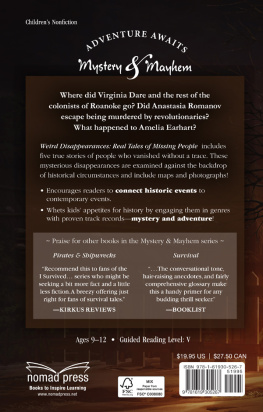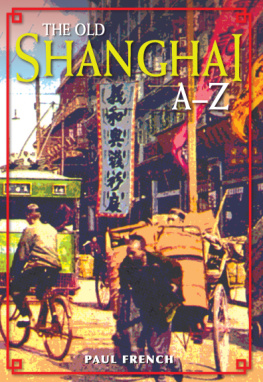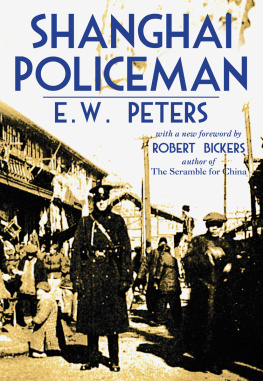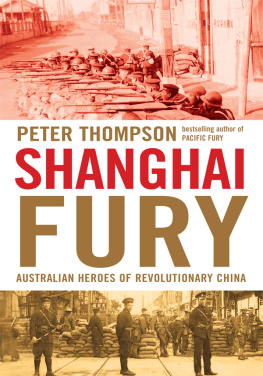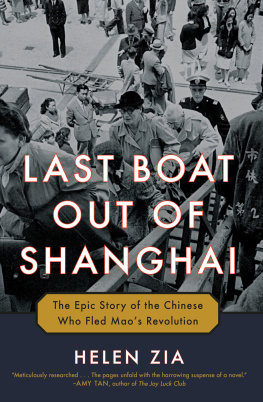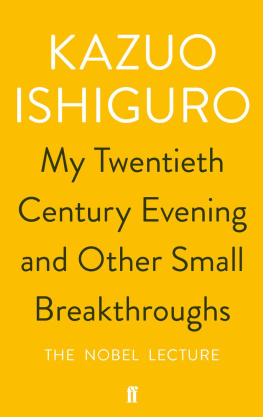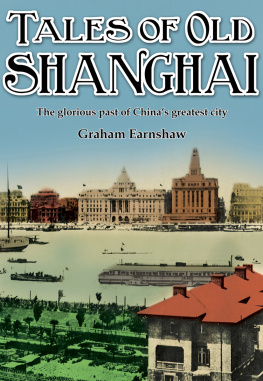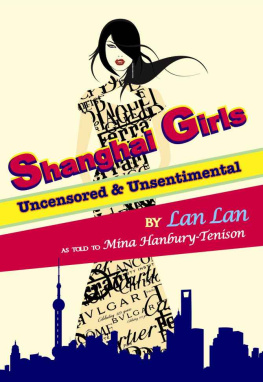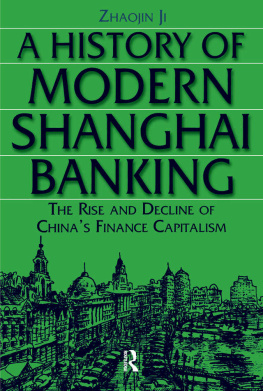Kazuo Ishiguro
When We Were Orphans
First published in Great Britain in 2000
England, 1930s. Christopher Banks has become the countrys most celebrated detective, his cases the talk of London society. Yet one unsolved crime has always haunted him; the mysterious disappearance of his parents, in Old Shanghai, when he was a small boy. Moving between London and Shanghai of the interwar years, When We Were Orphans is a story of memory, intrigue and the need to return.
To Lorna and Naomi
PART ONE
London, 24th July 1930
Chapter One
It was the summer of 1923, the summer I came down from Cambridge, when despite my aunts wishes that I return to Shropshire, I decided my future lay in the capital and took up a small flat at Number 14b Bedford Gardens in Kensington. I remember it now as the most wonderful of summers. After years of being surrounded by fellows, both at school and at Cambridge, I took great pleasure in my own company. I enjoyed the London parks, the quiet of the Reading Room at the British Museum; I indulged entire afternoons strolling the streets of Kensington, outlining to myself plans for my future, pausing once in a while to admire how here in England, even in the midst of such a great city, creepers and ivy are to be found clinging to the fronts of fine houses.
It was on one such leisurely walk that I encountered quite by chance an old schoolfriend, James Osbourne, and discovering him to be a neighbour, suggested he call on me when he was next passing. Although at that point I had yet to receive a single visitor in my rooms, I issued my invitation with confidence, having chosen the premises with some care. The rent was not high, but my landlady had furnished the place in a tasteful manner that evoked an unhurried Victorian past; the drawing room, which received plenty of sun throughout the first half of the day, contained an ageing sofa as well as two snug armchairs, an antique sideboard and an oak bookcase filled with crumbling encyclopaedias - all of which I was convinced would win the approval of any visitor. Moreover, almost immediately upon taking the rooms, I had walked over to Knightsbridge and acquired there a Queen Anne tea service, several packets of fine teas, and a large tin of biscuits. So when Osbourne did happen along one morning a few days later, I was able to serve out the refreshments with an assurance that never once permitted him to suppose he was my first guest.
For the first fifteen minutes or so, Osbourne moved restlessly around my drawing room, complimenting me on the premises, examining this and that, looking regularly out of the windows to exclaim at whatever was going on below. Eventually he flopped down into the sofa, and we were able to exchange news - our own and that of old schoolfriends. I remember we spent a little time discussing the activities of the workers unions, before embarking on a long and enjoyable debate on German philosophy, which enabled us to display to one another the intellectual prowess we each had gained at our respective universities. Then Osbourne rose and began his pacing again, pronouncing as he did so upon his various plans for the future.
Ive a mind to go into publishing, you know. Newspapers, magazines, that sort of thing. In fact, I fancy writing a column myself. About politics, social issues. That is, as I say, if I decide not to go into politics myself. I say, Banks, do you really have no idea what you want to do? Look, its all out there for us - he indicated the window - Surely you have some plans.
I suppose so, I said, smiling. I have one or two things in mind. Ill let you know in good time.
What have you got up your sleeve? Come on, out with it! Ill get it out of you yet!
But I revealed nothing to him, and before long got him arguing again about philosophy or poetry or some such thing. Then around noon, Osbourne suddenly remembered a lunch appointment in Piccadilly and began to gather up his belongings.
It was as he was leaving, he turned at the door, saying: Look, old chap, I meant to say to you. Im going along tonight to a bash. Its in honour of Leonard Evershott. The tycoon, you know. An uncle of mines giving it. Rather short notice, but I wondered if youd care to come along. Im quite serious. Id been meaning to pop over to you long ago, just never got round to it. Itll be at the Charingworth.
When I did not reply immediately, he took a step towards me and said: I thought of you because I was remembering. I was remembering how you always used to quiz me about my being well connected.
Oh, come on! Dont pretend youve forgotten! You used to interrogate me mercilessly. Well connected? Just what does (hat mean, well connected? Well, I thought, heres a chance for old Banks to see well connected for himself. Then he shook his head, as though at a memory, saying: My goodness, you were such an odd bird at school.
I believe it was at this point I finally assented to his suggestion for the evening - an evening which, as I shall explain, was to prove far more significant than I could then have imagined - and showed him out without betraying in any part the resentment I was feeling at these last words of his.
My annoyance only grew once I had sat down again. I had, as it happened, guessed immediately what Osbourne had been referring to. The fact was, throughout school, I had heard it said repeatedly of Osbourne that he was well connected. It was a phrase that came up unfailingly when people talked of him, and I believe I too used it about him whenever it seemed called for. It was indeed a concept that fascinated me, this notion that he was in some mysterious way connected to various of the higher walks of life, even though he looked and behaved no differently from the rest of us. However, I cannot imagine I mercilessly interrogated him as he had claimed. It is true the subject was something I thought about a lot when I was fourteen or fifteen, but Osbourne and I had not been especially close at school and, as far as I remember, I only once brought it up with him personally.
It was on a foggy autumn morning, and the two of us had been sitting on a low wall outside a country inn. My guess is that we would have been in the Fifth by then. We had been appointed as markers for a cross-country run, and were waiting for the runners to emerge from the fog across a nearby field so that we could point them in the correct direction down a muddy lane. We were not expecting the runners for some time yet, and so had been idly chatting. It was on this occasion, I am sure, that I asked Osbourne about his well connectedness. Osbourne, who for all his exuberance, had a modest nature, tried to change the subject. But I persisted until he said eventually: Oh, do knock it off, Banks. Its all just nonsense, theres nothing to analyse. One simply knows people. One has parents, uncles, family friends. I dont know what there is to be so puzzled about. Then quickly realising what he had said, he had turned and touched my arm. Dreadfully sorry, old fellow.
That was awfully tactless of me.
This faux pas seemed to cause Osbourne much more anguish than it had me. Indeed, it is not impossible it had remained on his conscience for all those years, so that in asking me to accompany him to the Charingworth Club that evening, he was in some way trying to make amends. In any case, as I say, I had not been at all upset that foggy morning by his admittedly careless remark. In fact, it had become a matter of some irritation to me that my schoolfriends, for all their readiness to fall into banter concerning virtually any other of ones misfortunes, would observe a great solemnness at the first mention of my parents absence.
Actually, odd as it may sound, my lack of parents - indeed, of any close kin in England except my aunt in Shropshire - had by then long ceased to be of any great inconvenience to me. As I would often point out to my companions, at a boarding school like ours, we had all learned to get on without parents, and my position was not as unique as all that. Nevertheless, now I look back on it, it seems probable that at least some of my fascination with Osbournes well connectedness had to do with what I then perceived to be my complete lack of connection with the world beyond St Dunstans. That I would, when the time came, forge such connections for myself and make my way, I had no doubts.
Next page
